Scotch Whisky Facts and Frequently Asked Questions
let’s begin
New to the Whisky game? No problem, we’ve got you covered! Here we go through some common Scotch Whisky facts and FAQs that it's always good to know.
What actually is Scotch Whisky?
he most basic Scotch Whisky facts – what even is Whisky? Whisky is a spirit made from water, grains and yeast that has been distilled during production. To be called Scotch, it has to be distilled, matured and bottled specifically in Scotland.
Where does the word 'Whisky'come from?
“Whisky” is the anglicised version of the Gaelic word “uisgebeatha”, or “usquebaugh”, which means water of life. Gaelic was spoken across Scotland and Ireland for centuries and informs a lot of the words commonly used in those countries.
Why are there two ways to spell whisky (or is it whiskey)?
Apparently the rule behind this is that is there is an “e” in the name of the country of origin, then there will be an “e” in how they spell Whisk(e)y. Scotland, no E, so it’s Whisky, Ireland, there’s an E, so it’s Whiskey, America, Whiskey and Whisky, Japan, Whisky, Canada, Whisky. You get the point. No one is quite sure where it came from, but both are acceptable spellings.
What are the different categories of Scotch Whisky?
There are six categories of Scotch. These include:
Single Malt:
Whisky distilled on copper pot stills that has been blended together from a single distillery that has been aged for 3 years or more with an ABV of over 40%.
blend:
A Whisky made from a mix of one or more Single Malts and one or more Single Grain Whiskies from different distilleries.
blended malt:
Similar to the above, but a mix of Single Malts that have been distilled at more than one distillery.
Single Grain:
Whisky made from grains other than or including barley that has been distilled at one distillery.
Blended Grain:
Pretty much a blended malt, but with more than one grain Whisky.
Single Cask Single Malt:
Whisky bottled literally from one cask of whisky that has been distilled at one distillery and matured until ripe for bottling.
What is blending?
Blending is literally what it sounds like, only with more precision than one might imagine. It takes years to become a skilled blender, as you need to have the nose and palate to pick out different flavours and to know what works.
Consistency if key to blending, as this is what makes a brand popular. So the onus is on the blender to get it right and keep producing the same thing.
Why is there such variation in flavour between distilleries?
There are so many different factors that effect the flavour of a Whisky, even the size and shape of the stills comes into it. Distillers have been known to put the same dents in their stills when they replace them. Water plays a big role, as does the grain used. Perhaps the biggest factor are the casks, which can create a while range of flavours. Every distillery is different and as such, every malt is different.
What makes Scotch smoky?
Smoke in Scotch can come from either peat, which is sometimes used to dried grain, or from the char of the casks, which are burnt on the inside to both sanitise, and to add more flavour.
What does 'finishing' mean?
Finish happens when a Scotch has been fully matured but producers want to impart or tease out a little more flavour. Maturation happens in casks and must be done for a minimum of three years. When the Master Blender, the person who decides if a Whisky is complete, says the Whisky is fully matured, it either goes to be bottled or finished in fresh casks, this time for a shorter period.
How should I enjoy my Scotch?
Scotch can be enjoyed in any number of ways; there is no one way to do it. A lot ofpurists will enjoy it neat, or with a drop of Highland Spring water to bring out more flavours. Others enjoy it with a mixer like soda water or just ice. There are also some amazing Whisky based cocktail around, such as the Old Fashioned or the Whisky Sour. Enjoy it however you want!
How old should Scotch be to be good?
Any age of Scotch can taste good. The number of years it spends in a cask doesn’t determine how good it will be, only what flavours will be present in the end result. According to regulation, Scotch must be aged for three years or more to be legally called Scotch.
What is the ABV (alcohol by volume) of Scotch?
Scotch straight from the cask will be a higher ABV than when it is bottled, unless it is bottled at cask strength, which is usually over 60%. Regulation says that Scotch must be over 40% to be Scotch, so anything over that is fairly typical, but around 40-46% is the norm.
How should Scotch be stored?
Perhaps the best Scotch Whisky facts: How to store your Scotch!
It is best kept in a cool, dry place, out of direct sunlight. Scotch doesn’t mature in the bottle so it will always be the same age.
My insurers stipulate that all bottles must be 15cm off the floor (in case of flooding) and stored in a consistent temperature environment. Also they require geotagged images of each bottle so they know what’s in there, and so I do too! Finally, they insist on no photos being shared publicly, by me or anyone who happens to be in the room the bottles are stored.

How should you insure your whisky collection?
This is a big one foe Scotch Whisky facts and FAQs. We always invest in the things we love, so it’s no surprise if any Whisky enthusiasts out there might have a bottle well worth over £10,000 or so.
That’s a lot of money to be just leaving hanging around in a cabinet, and while security can help, insurance is the way forward in protecting your bottles.It may not be able to replace the bottles, but it will go a long way to easing the financial strain.
Where to Start
Firstly, it’s always best to look at your home contents insurance, as some companies will happily include your collection in this.
If you’re unsure, give them a call. They might ask you to name the ones you want to insure specifically, especially if they are over a certain price.
Next, if your current provider doesn’t cover Whisky, look elsewhere. Other companies such as Bruce Stevenson will insure your collection.
Next Steps
The best thing to do once you’ve found an insurer is to get it valued by a specialist. You should only have to do this once, and then can add new data to it yourself when you buy a new bottle.
Then, once that’s done you know exactly what its worth and can pass on that information to your insurer.
When your policy comes through the door, make sure you read it and know exactly what is covered, whether its loss, damage of theft, and everything in between.
Storage
You should also make sure you store your Whisky right, as this will stand you in good stead should you ever need to make a claim.
That’s a lot of money to be just leaving hanging around in a cabinet, and while security can help, insurance is the way forward in protecting your bottles.It may not be able to replace the bottles, but it will go a long way to easing the financial strain.
What are your thoughts? Leave a comment below and let’s have a chat!



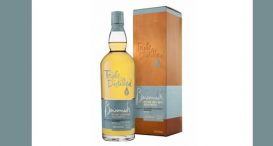
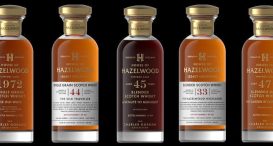
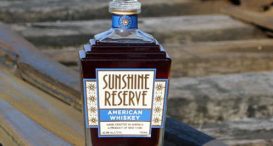



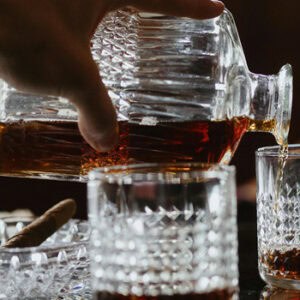
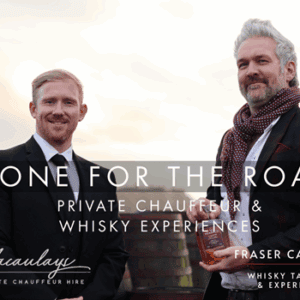
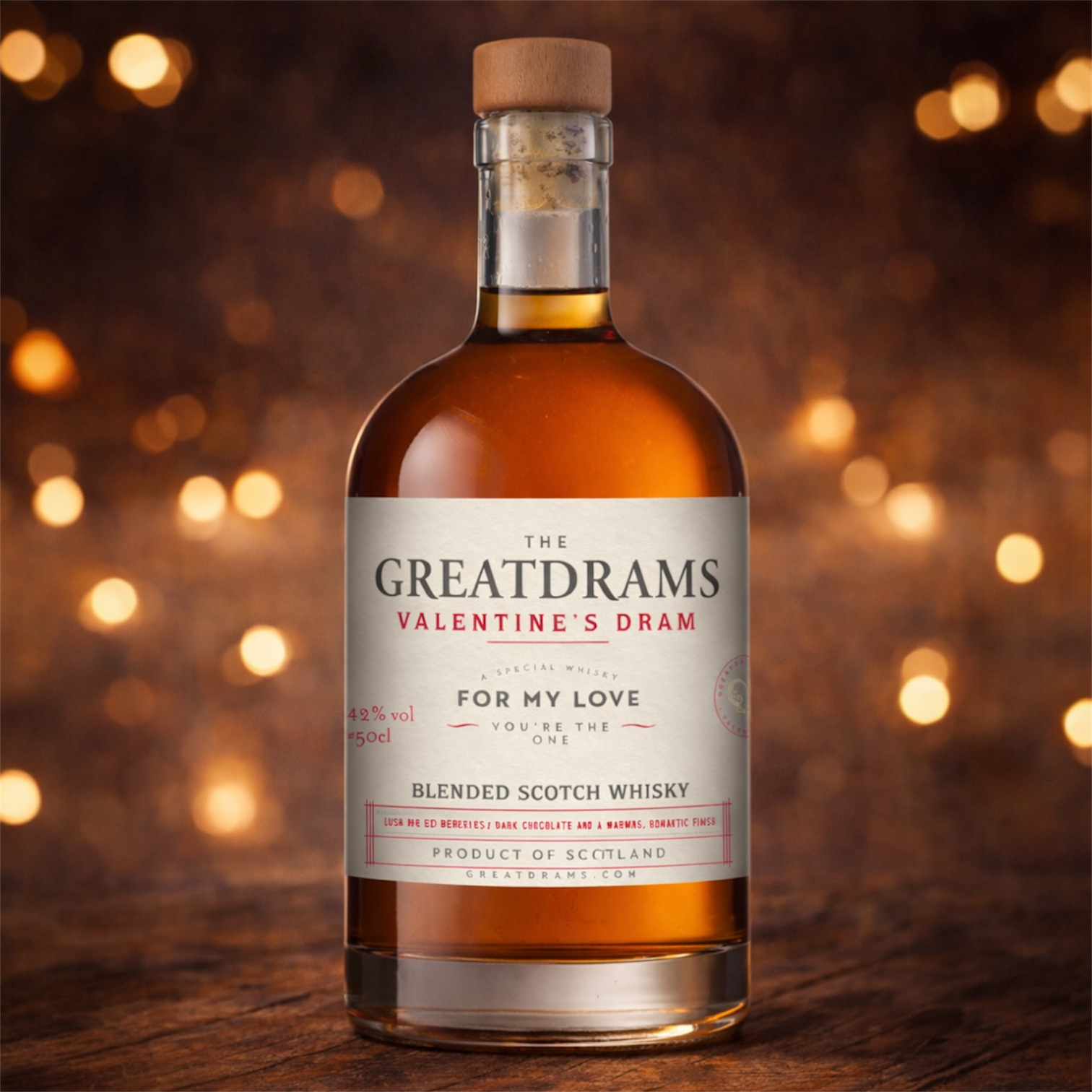
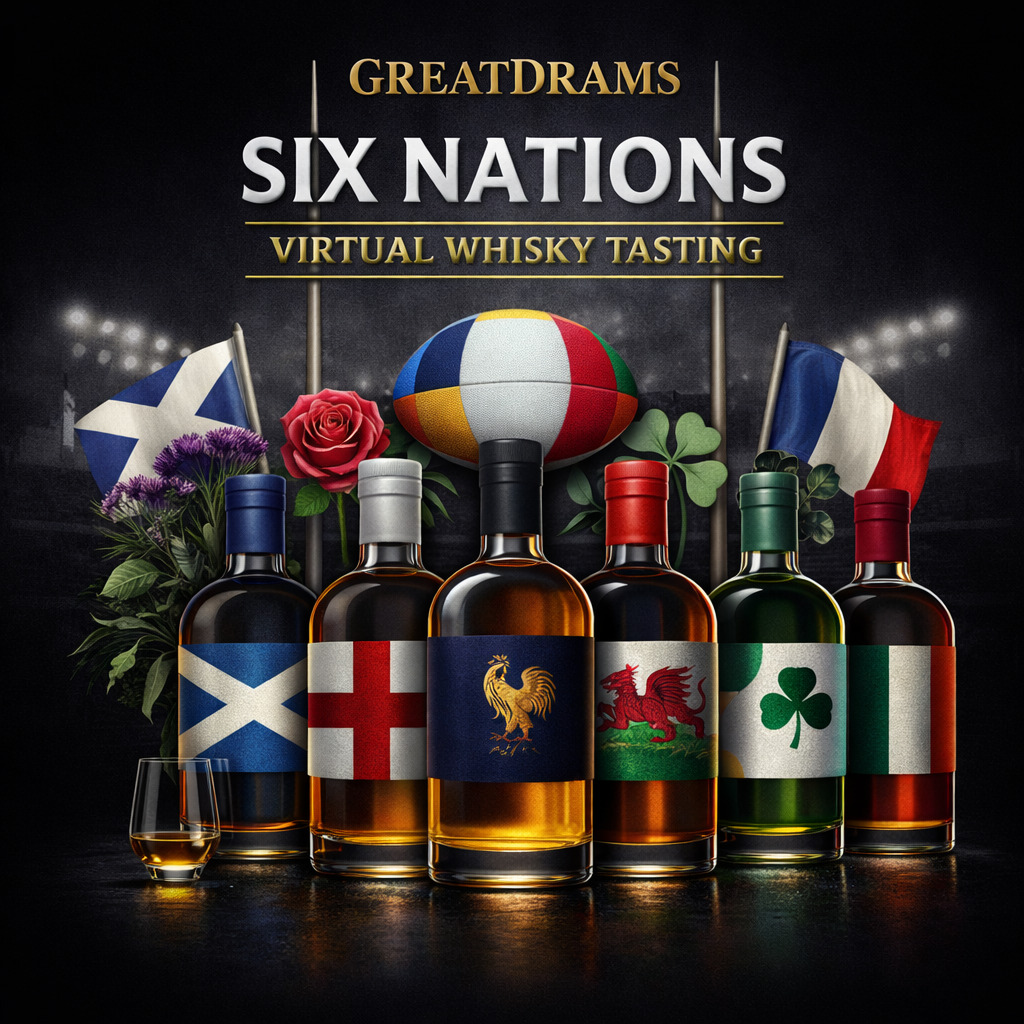
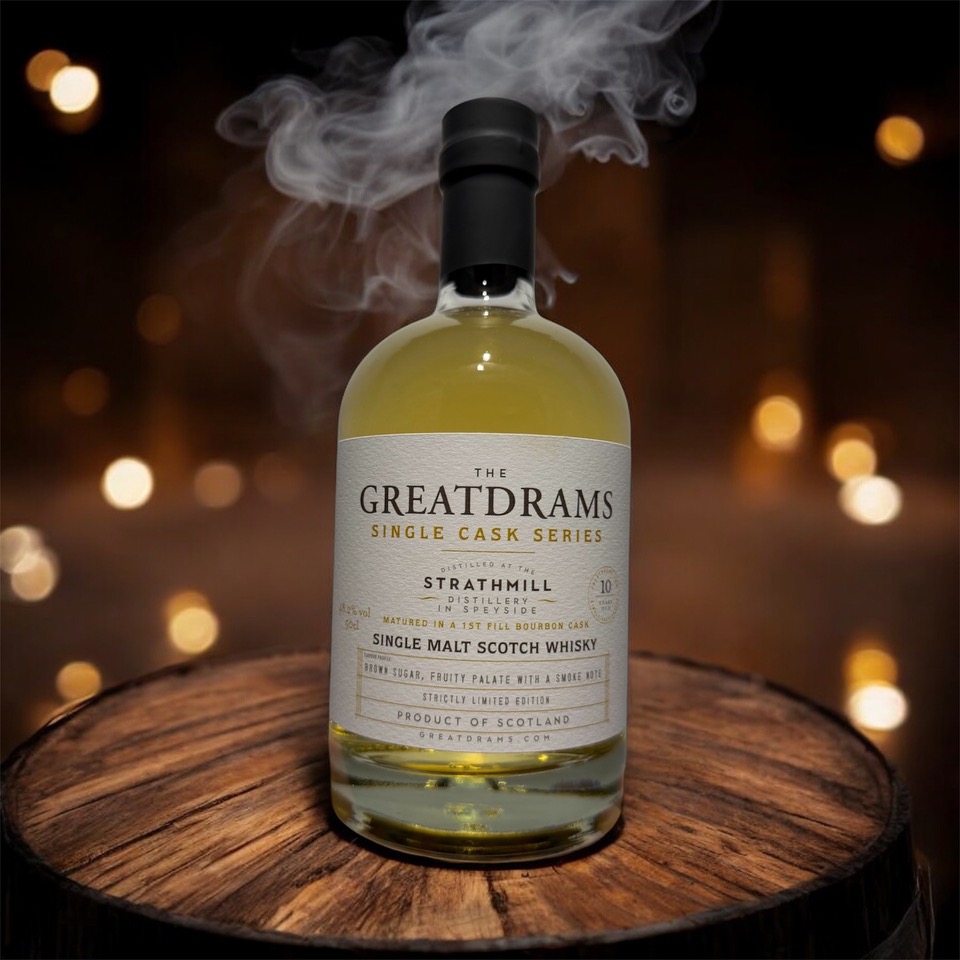

2 thoughts on “Scotch Whisky Facts and Frequently Asked Questions”
I bought Scotch for my friends so, I stocked a Glenlevit 12 scotch. I bought this in 2013. Is it still the same value as one I would buy today ( 2021). It has never been taken out of the box.